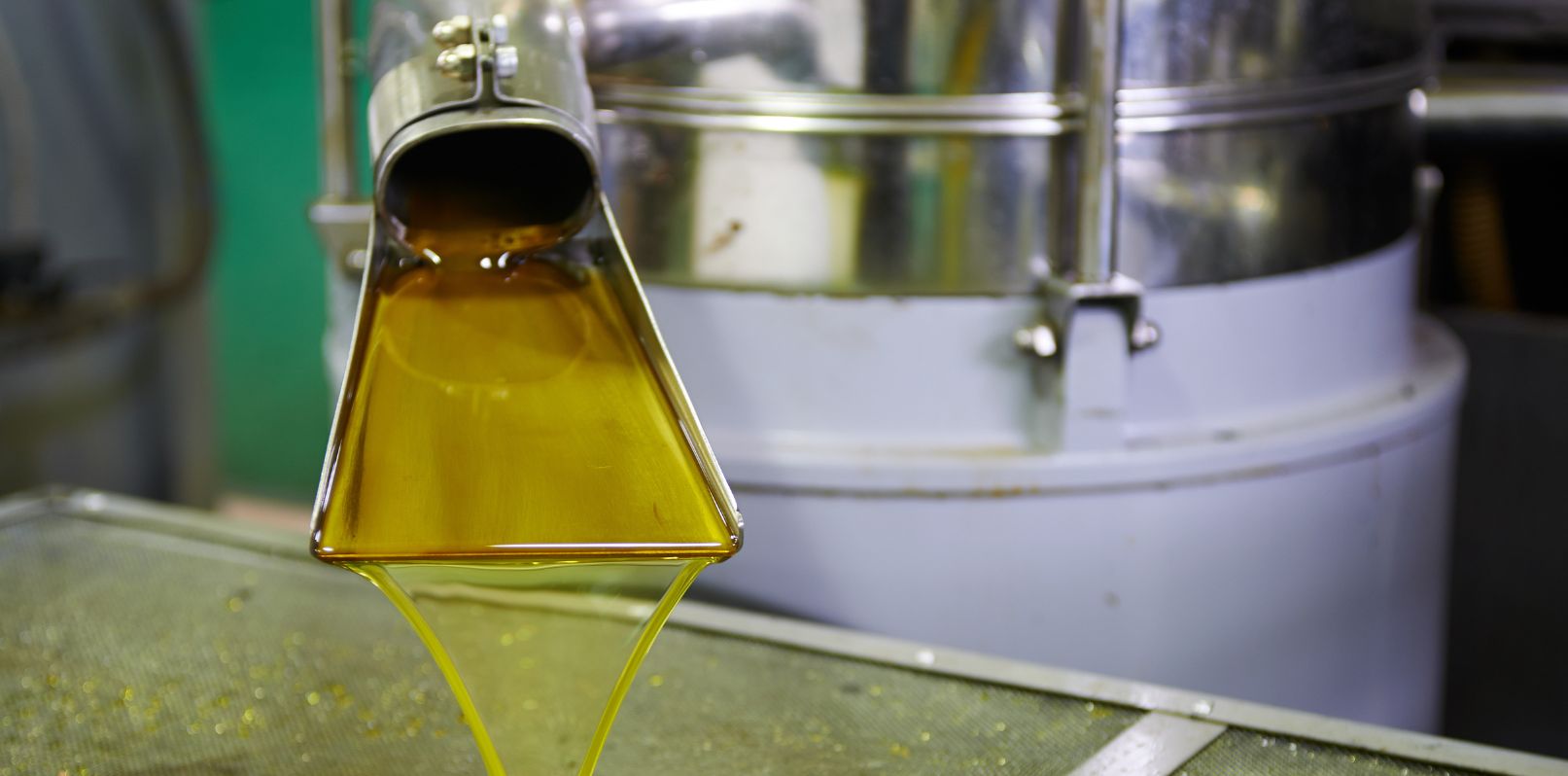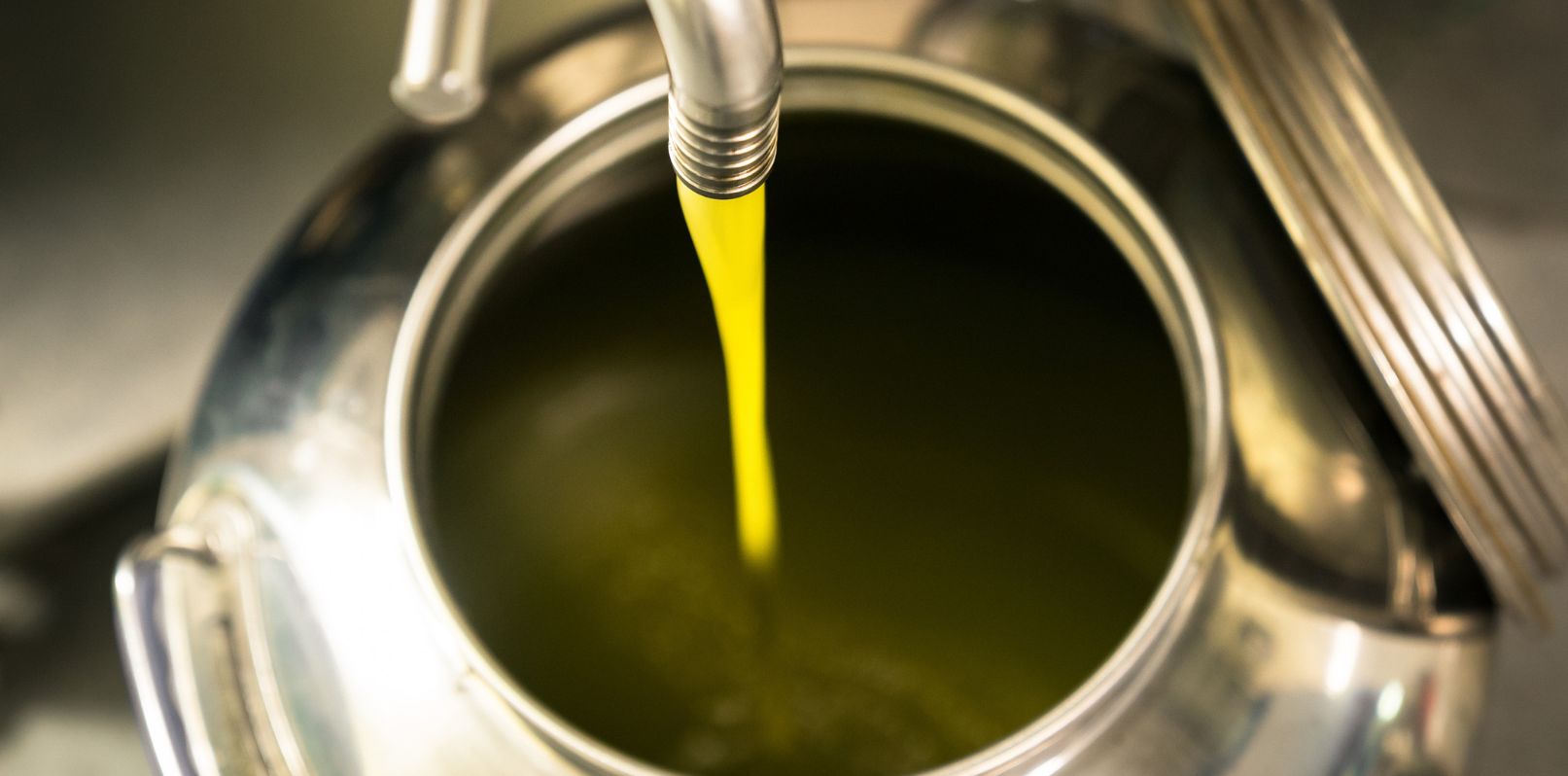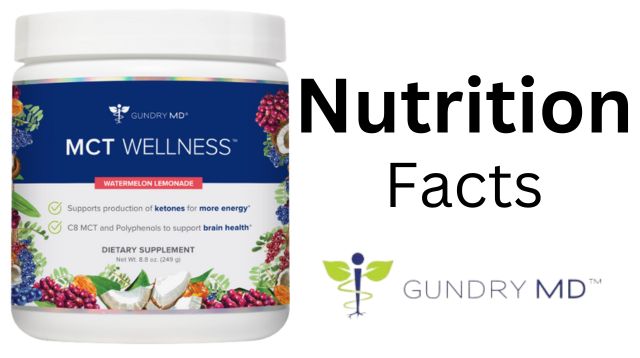What is MCT Oil Made of?


Understanding MCT Oil
MCT oil, short for medium-chain triglyceride oil, has fast gained popularity for its potential health benefits and versatile uses. This is because MCT oil contains 100% medium-chain fatty acids (MCFAs), which are more rapidly absorbed and metabolized by the body than any other fats.
Let’s take a look at some key facts about MCT oil.
1. MCTs are a type of fat found in coconut oil.
MCTs, or medium-chain triglycerides, are a form of saturated fat found in coconut oil. Unlike long-chain triglycerides from sources like fish and meat, MCTs are more rapidly absorbed and converted into energy by the body.1
MCT fatty acids are known as caproic, caprylic, capric, and lauric acids. Each of these differs in the number of carbon atoms it contains. Those with fewer atoms are more rapidly absorbed. For example, caprylic acid is known as C8, as it is 8 carbon atoms in length, while capric acid is known as C10, as it has 10 atoms. You may have seen these numbers written on a bottle of MCT oil before.2
Most MCT oils contain some combination of C8 and C10, or just one of these fatty acids, which are the most potent and effective of the four. The remaining two (caproic acid and lauric acid) are usually removed, or used in small quantities, to enhance the quality and concentration of MCT oil.3
2. MCTs are also found in palm oil and animal products, including dairy.
MCTs naturally occur in a variety of foods, particularly in coconut oil, palm kernel oil, and full-fat dairy products, such as butter, cheese, and yogurt. Generally, dairy products contain MCTs in much smaller proportions. MCTs are also naturally occurring in human breast milk.4,5
More than half of the fat in coconut oil is derived from MCTs, but lauric acid is responsible for the most significant portion. So, if one tablespoon of coconut oil contains roughly 14 grams of fat, almost 8 grams of these would be MCTs. This makes it a rich and ideal source for extracting MCTs.6
3. MCTs can be converted into ketones, which provide energy to the body.
MCFAs are often seen as providing a shortcut to “ketosis” compared to long-chain fatty acids (LCFAs). This means they can be quickly absorbed and transported to your liver, where they can be converted directly into fuel for the brain and muscles.7
This also means that while MCTs are classified as saturated fat (often seen as unhealthy) they are less likely to be stored as fat because of their speed of absorption.8
4. MCTs can be consumed in powder or oil form.
Enhancing your diet with MCTs can be achieved through various forms. For example, MCT oil is commonly transformed into MCT oil powder.
Straight MCT oil provides a versatile option for using the oil in place of other oils – perhaps in soups, salad dressings, or sauces. Powdered MCT oil can be added to protein shakes, smoothies, or baked goods, and it's especially convenient when traveling. It’s also a great choice for those who don’t like oily textures.
MCT Powder is simply MCT oil that’s been transformed through a process called spray drying. It may also come with extra potential health benefits depending on the additional ingredients used in its formulation.9
5. MCTs may have considerable potential health benefits
MCT oil is constantly being researched for its potential health and wellness benefits – ranging from weight management to neuroprotective properties.
The potential benefits of MCT oil include:
- Supporting Healthy Blood Sugar Levels: It may help keep blood sugar at safe, healthy levels.10
- Helping With Weight Management: It may lead to greater energy expenditure, and as MCTs have a high burn rate, it may help boost the number of calories burned after meals.11
- Supporting Brain Function: MCT oil can encourage the production of ketones, an efficient energy source for the brain, which may support brain function. Plus MCTs have shown some potential neuroprotective properties.12-14
- Supporting Energy and Focus: Because of its quick absorption and potential to be converted into ketones in the liver, MCT oil may help support focus and concentration.15

The Process Of Making MCT Oil
The process of making MCT Oil involves several major steps.
- First, fresh coconut meat is removed from the coconut.
- This “meat” then undergoes either a wet or dry process. A “dry” method uses a small amount of heat to dry the flesh and then a machine presses it to remove the oil. A “wet” method presses fresh coconut meat to yield both milk and oil. Then, the oil is separated using fermentation or centrifuge machines.16
- Next, the coconut oil goes through a process known as “fractionation.” This is where MCTs are isolated from the coconut oil.17
To make MCT powder, the oil is mixed with a carrier substance as a binder (i.e. a starch-like acacia fiber), and the mix is then sprayed into a chamber of hot air. This causes the liquid to evaporate and leave behind fine powder particles. This powder retains all the potential benefits of MCT oil.18
How To Use MCT Oil
Curious about adding MCT oil to your routine? It's actually easier than you think.
- Stir MCT oil, or a scoop of MCT powder, into a glass of water, or add it to your morning coffee for a potential boost of brain energy and a creamy texture.
- Add it to protein shakes or smoothies for a pre or post-workout boost.
- Switch out your regular oil from time to time with MCT oil or powder in uncooked dishes, like using it for salad dressings.
- Steer clear of any high-temperature frying. MCT oil has a low smoke point, similar to flaxseed oil and walnut oil, so it doesn’t respond well to high heat.19
- Start with a small amount of MCT oil, so your body can adjust gradually, and always follow the recommended dosage.

Buying MCT Oil Or Powder
Looking to buy an MCT oil product?
It’s important to choose a high-quality product to ensure maximum potential benefits. Start by looking at the oil’s purity. Does it contain a mix of the most potent MCTs, C8 and C10? Or perhaps it’s focused on the purity of only C8? These are good options.
Finally, make sure to purchase from brands that are transparent about their ingredients. And as always, consult your doctor before beginning any new supplement.
Sources
- https://www.health.harvard.edu/blog/is-there-a-place-for-coconut-oil-in-a-healthy-diet-2019011415764
- https://www.healthline.com/nutrition/mct-oil-101#mct-oil
- https://www.healthline.com/nutrition/mct-oil-101#mct-oil
- https://www.sciencedirect.com/science/article/abs/pii/S104366180900276X?via%3Dihub
- https://www.frontiersin.org/articles/10.3389/fnut.2022.804880/full
- https://www.healthline.com/nutrition/mct-oil-vs-coconut-oil#:~:text=Coconut%20oil%20is%20made%20from,%25%20capric%20acid%20(%2010%20.)
- https://www.ncbi.nlm.nih.gov/pmc/articles/PMC7175812/
- https://foodinsight.org/the-basics-of-mct-oil/#:~:text=Because%20of%20differences%20in%20the,be%20stored%20as%20body%20fat.
- https://aapharmachem.com/mct-oil-and-oil-powder/
- https://pubmed.ncbi.nlm.nih.gov/1568535/
- https://pubmed.ncbi.nlm.nih.gov/2021124/
- https://alz-journals.onlinelibrary.wiley.com/doi/abs/10.1002/alz.055702
- https://pubmed.ncbi.nlm.nih.gov/33220329/
- https://www.frontiersin.org/articles/10.3389/fneur.2023.1123290/full
- https://www.sciencedirect.com/science/article/abs/pii/S0031938420305667
- https://www.hsph.harvard.edu/nutritionsource/food-features/coconut-oil/#:~:text=Coconut%20oil%20is%20made%20by,coconut%20oil%20typically%20uses%20copra.
- https://www.healthline.com/nutrition/mct-oil-101#mct-oil
- https://aapharmachem.com/mct-oil-and-oil-powder/
- https://nextlevelhealth.com/recipes/cook-using-mct-oil/
Related posts


